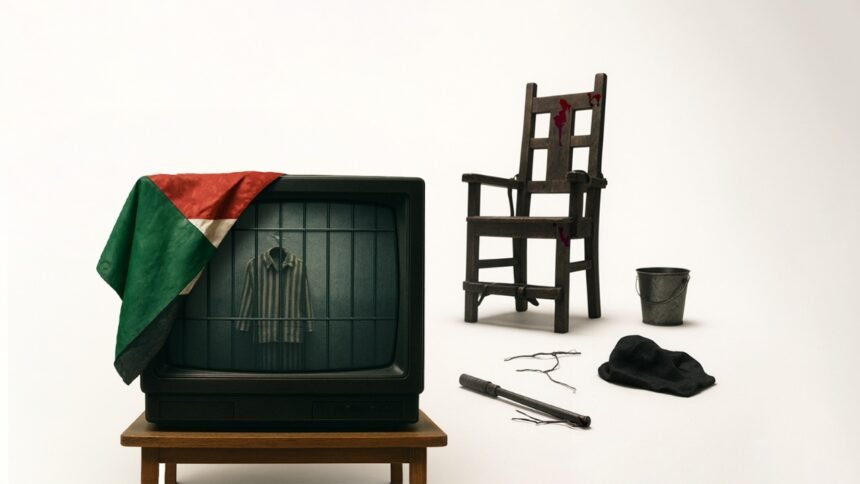There’s a chilling irony in Sudan’s military rulers calling themselves the guardians of the state. Guardians, after all, are supposed to protect. But in Khartoum, new reports suggest the guardians have instead become tormentors. Allegations of systematic torture inside Sudanese army detention facilities are emerging, painting a bleak picture of a country already shredded by civil war.
According to local rights groups and international monitors, detainees—many suspected of sympathizing with the rival Rapid Support Forces (RSF)—are being held in secret cells, beaten, starved, and coerced into confessions. Medical professionals working in makeshift clinics near Khartoum speak of bruises that tell silent stories: ligature marks around wrists, fractured ribs, burns that could only have come from deliberate cruelty. The Sudanese Armed Forces (SAF) deny it all, of course, claiming such reports are propaganda. But in war, denial often sounds like guilt dressed in uniform.
Torture in Sudan is nothing new. For decades, the state security apparatus has been accused of crushing dissent with iron fists and cold dungeons. What makes today’s revelations particularly disturbing is their scale and their timing. Sudan is in the middle of a brutal war between the army and the RSF, a conflict that has displaced millions, starved thousands, and left the capital in ruins. In this chaos, the line between enemy combatant and civilian blurs. Anyone suspected of sympathy for the wrong side becomes fair game, not for trial but for torment.
The use of torture here isn’t just about extracting information. It’s a psychological weapon, aimed at sending a message: resistance will break you, body and soul. Survivors describe being blindfolded for days, subjected to electric shocks, and forced to sign papers they couldn’t read. Families wait outside army barracks with no word on whether their loved ones are even alive. The silence, they say, is as torturous as the violence.
For the SAF, such tactics may appear expedient. War, after all, is about crushing the enemy. But this is where military logic collides with international law. Torture is not only illegal—it is counterproductive. History teaches us that brutality breeds defiance, and secret prisons generate more rebels than they bury. Every detainee brutalized in Khartoum’s dark cells becomes a living testament against the regime, fueling the RSF’s narrative and eroding whatever legitimacy the army still clings to.
The African Union and United Nations have both expressed concern, but “concern” is becoming one of the most hollow words in the diplomatic lexicon. Sudanese civilians, huddled in refugee camps in Chad and South Sudan, are not waiting for press statements. They are waiting for survival, for safety, for someone to end a conflict where both sides have turned cruelty into a strategy.
Meanwhile, international pressure is complicated by geopolitics. Sudan’s war is not an isolated African quarrel; it’s entangled with foreign interests from Moscow to the Gulf. Russia sees Sudan as a Red Sea foothold, while Gulf states pick their favorites for strategic gains. In this chess game, the suffering of prisoners becomes a footnote, an inconvenient truth swept aside by bigger calculations.
The grim reality is that torture thrives in the dark, and Sudan today is one of the darkest places on the continent. Journalists have been targeted, aid agencies restricted, and civilians left voiceless. In the absence of transparency, rumors harden into beliefs. For many Sudanese, the army’s denials are meaningless; they already assume the worst. Trust, once broken, cannot be beaten back into shape with batons.
Khartoum’s cells are more than a human rights violation—they are a metaphor for the state itself: secretive, suffocating, brutal, and cut off from the light. And like those cells, Sudan cannot remain in darkness forever. The war will end one day, but the scars left by torture will last longer than any ceasefire.
In the end, Sudan’s military may win or lose the battlefield against the RSF, but in the court of history, they are already losing. Every survivor’s testimony, every scar, every whispered story smuggled out of a prison compounds their guilt. No victory parade can drown out the echoes of screams from a hidden basement.
Torture may silence an individual for a moment, but it amplifies a nation’s cry for justice. And justice, unlike the men in uniforms, doesn’t forget.










